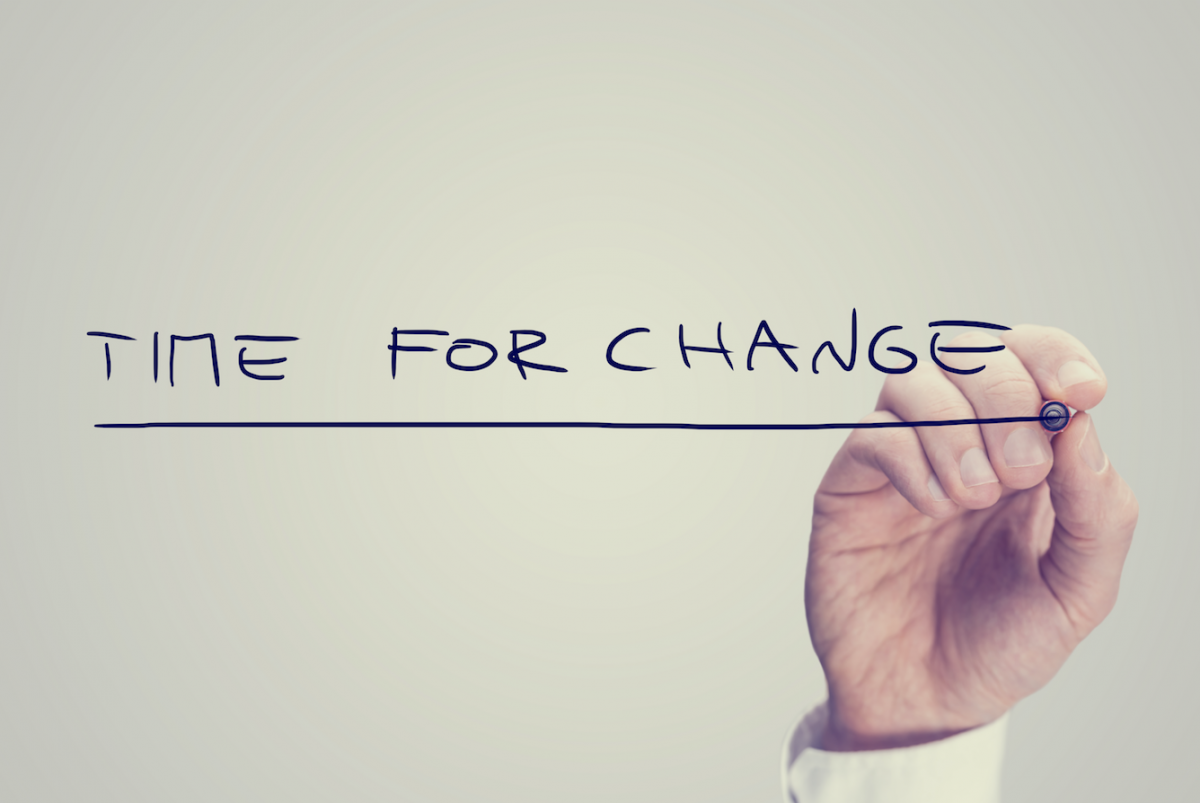
The Board’s (Almost Mandatory) Role in Form 990 Preparation
07.24.2024 | Linda J. Rosenthal, JD

“Philanthropy, honey, it’s time for an intervention.”
– E. Villanueva
When one of the philanthropic community’s most influential leaders, Darren Walker, head of the Ford Foundation, makes an impassioned call for change, it is newsworthy. And when Ruth McCambridge, the editor-in-chief of one of the sector’s leading publications, The Nonprofit Quarterly, writes that he “hits it out of the park,” that, too, is noteworthy.
At the close of an old year and the beginning of a new one, it’s not unusual for people of a philosophical bent to take stock and make resolutions for the future.
The Coming of Hope: A Vision for Philanthropy in the New Year is Darren Walker’s important and inspirational article on January 9, 2019, in the Ford Foundation blog Equal Changes.It is beautifully written and while “expressing faith in hope and collective longing for shared peace and prosperity,” Ms. McCambridge points out that Mr. Walker pulls no punches and “succinctly names the problem that challenges us all.”
This existential threat is growing inequality; it must be addressed now, and the philanthropic community must acknowledge some complicity in it.
“Millions of people,” writes Mr. Walker, “feel frustrated with, and excluded by, an out-of-balance global economic system they are decreasingly willing to tolerate.”
The causes are known; “global capitalism” contributing to ever-growing inequality, “authoritarian leaders” who stoke this discontent; rapid technology changes with little-understood consequences, “and the long-standing evils of racism, classism, ableism, homophobia, and patriarchy.”
Making these problems worse is the unrelenting assault on facts and truth as well as the conduct of leaders who “openly disdain, demean, and deconstruct vital public institutions designed to serve us and our system of self-government” and the “disregard for what democratic government can do to promote equality, justice, and human dignity.”
But then Mr. Walker lowers the boom: Philanthropy, for all its achievements and good intentions, is part of the system in which this inequality germinates. And “philanthropy is by no means immune from the plague of inequality.”
Walker notes that, recently, many thought leaders have presented important “critiques of philanthropy as an enterprise.” He lists three good examples who raise valid concerns: “Many have pointed to the ways philanthropy replicates the worst dynamics and inequalities of our broader system.” He notes that he doesn’t necessarily agree with each and every point of these books or others in a “growing chorus.” But we “ignore them at our own peril.”
The current crises did not develop overnight, and will not be solved quickly either. But, right now, “philanthropists and funders of every stripe must invest in the architects and architecture of progress—the individuals, ideas, and institutions that make change happen.”
A first step – “placing meaningful resources close to the people” – is one that the Ford Foundation itself is championing by important changes in its own grantmaking. Philanthropists must “trust those we fund, and fund them adequately to do what they believe is best, not what we think is best, including “entrusting organizations with long-term general support funding and project grants that provide adequate overhead.”
A second step is committing to “good government” notwithstanding differences of opinion among philanthropists about the size or function of government. “Good works require good government.”
A third step is “reckoning with privilege.” Darren Walker wants funders to examine their own “unconscious biases” and more clearly understand “how others experience the institutions of philanthropy – how remote we can be, how insular, how difficult to navigate.” He wants philanthropists to recognize that “the communities most proximate to the problems possess unique insights into the solutions.” That means committing to diversity – especially at the top of organizations.
The president of the Ford Foundation concludes his call to action with optimism and hope. “The good news is that I see a growing movement to appreciate the criticisms of philanthropy, and to face them head-on,” to move from “generosity to justice.” To him, this is “the best response to philanthropy’s deepest flaws and inherent contradictions.
– Linda J. Rosenthal, J.D., FPLG Information & Research Director
